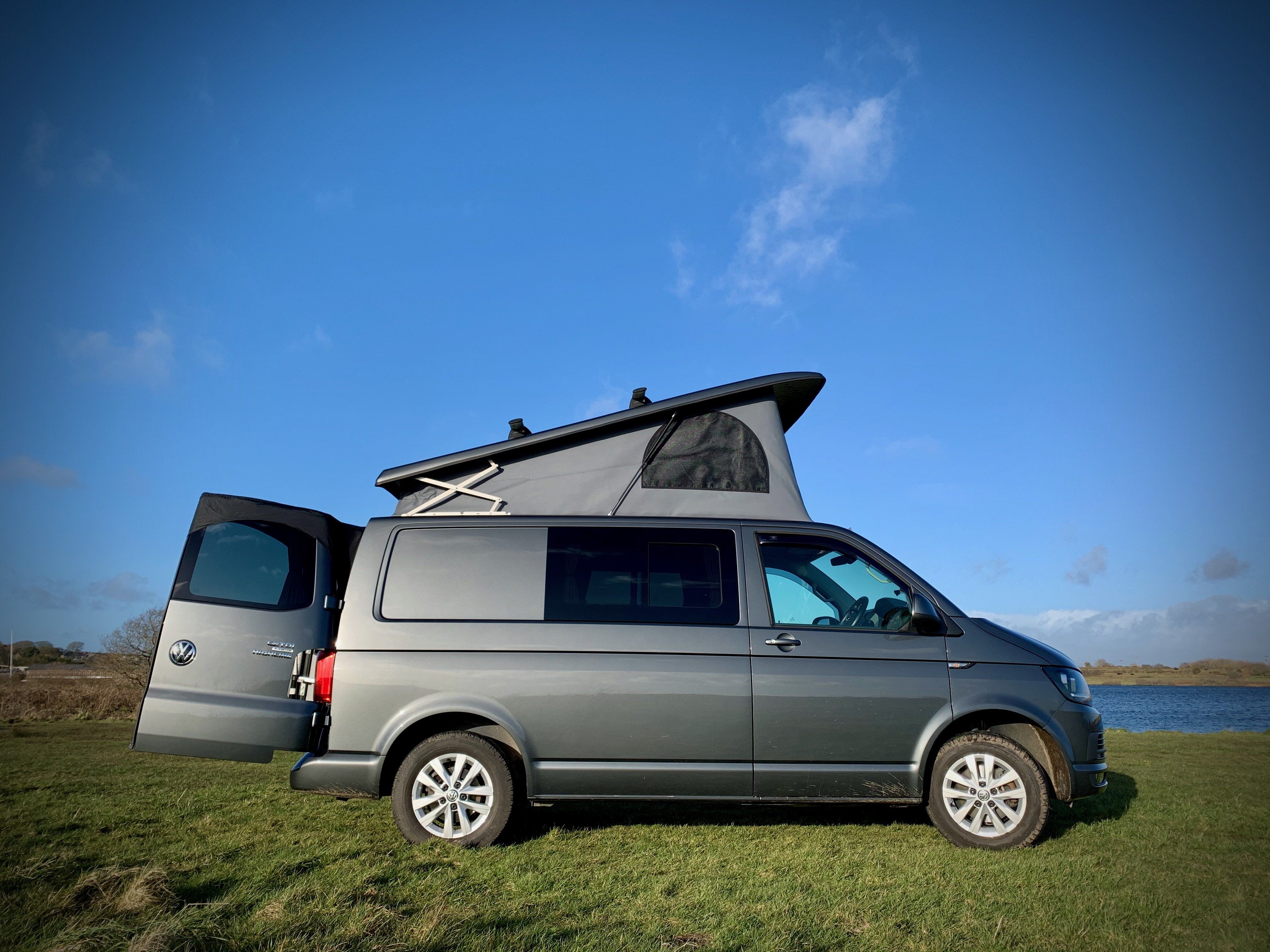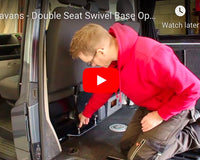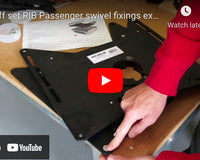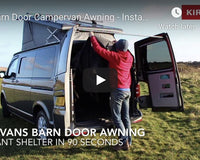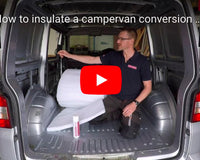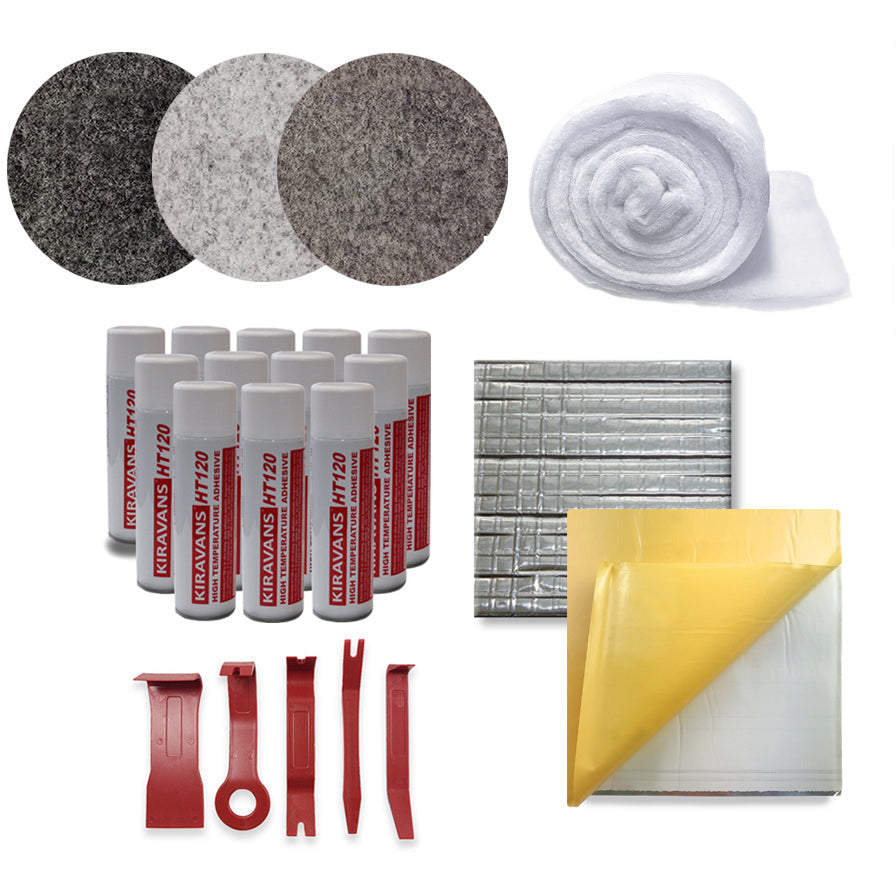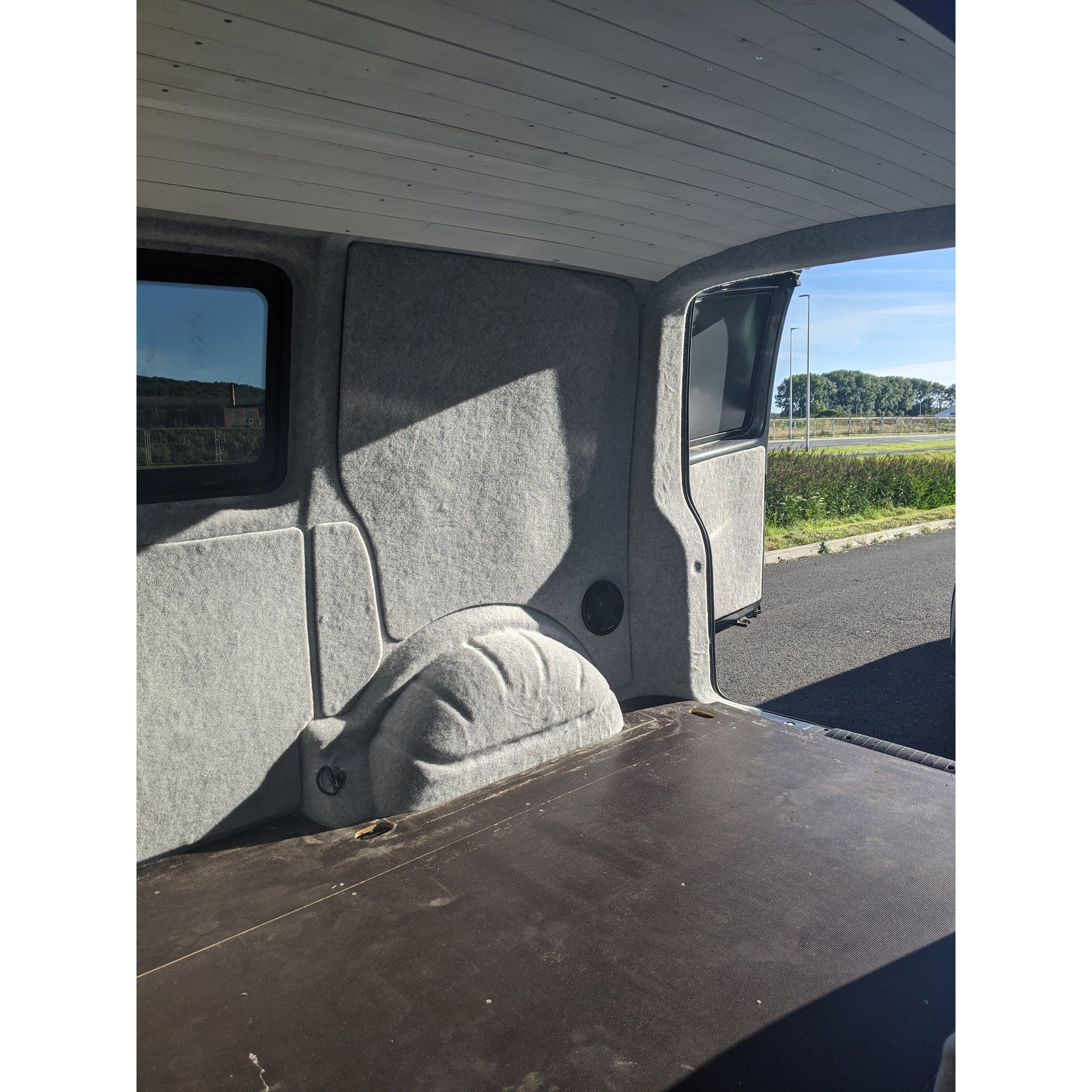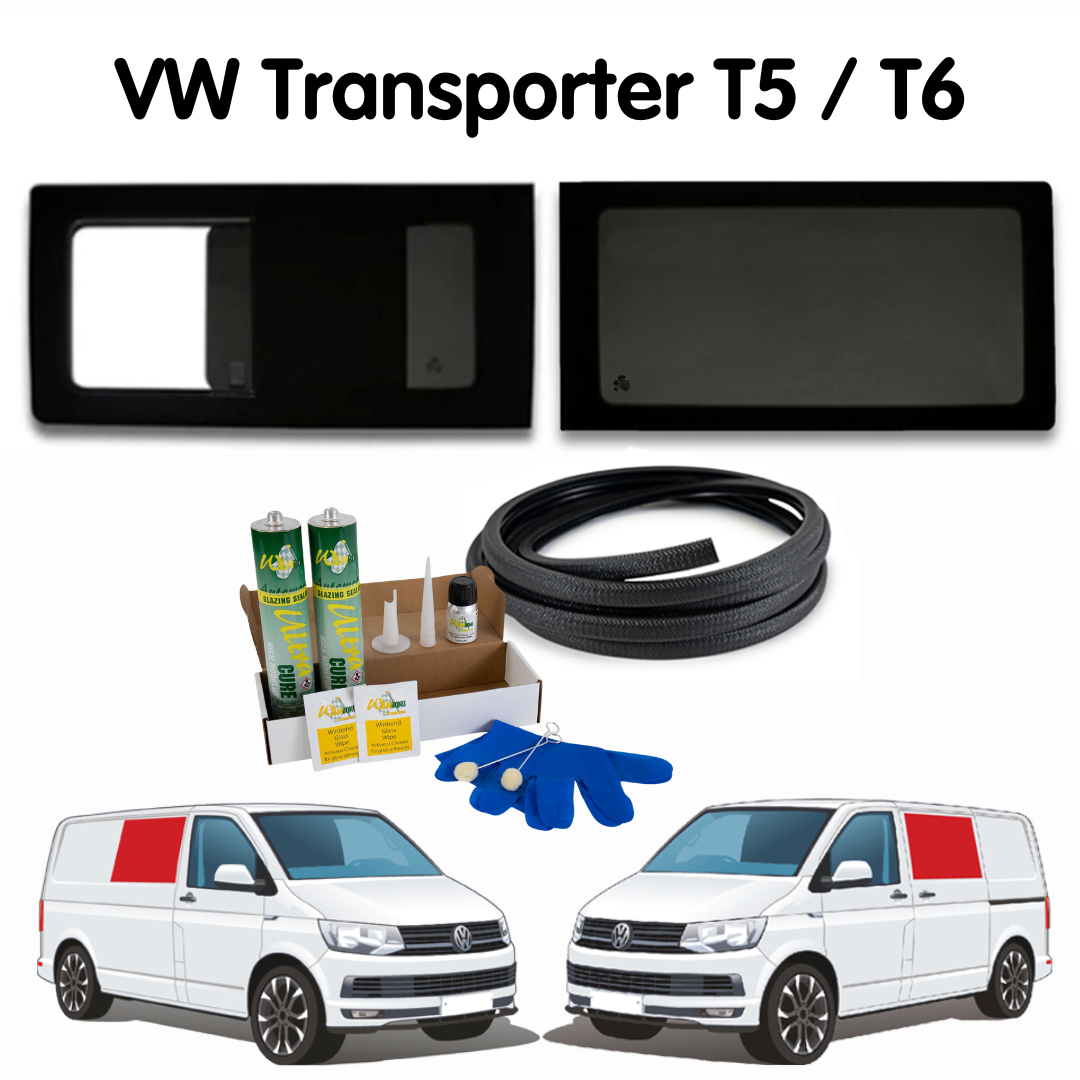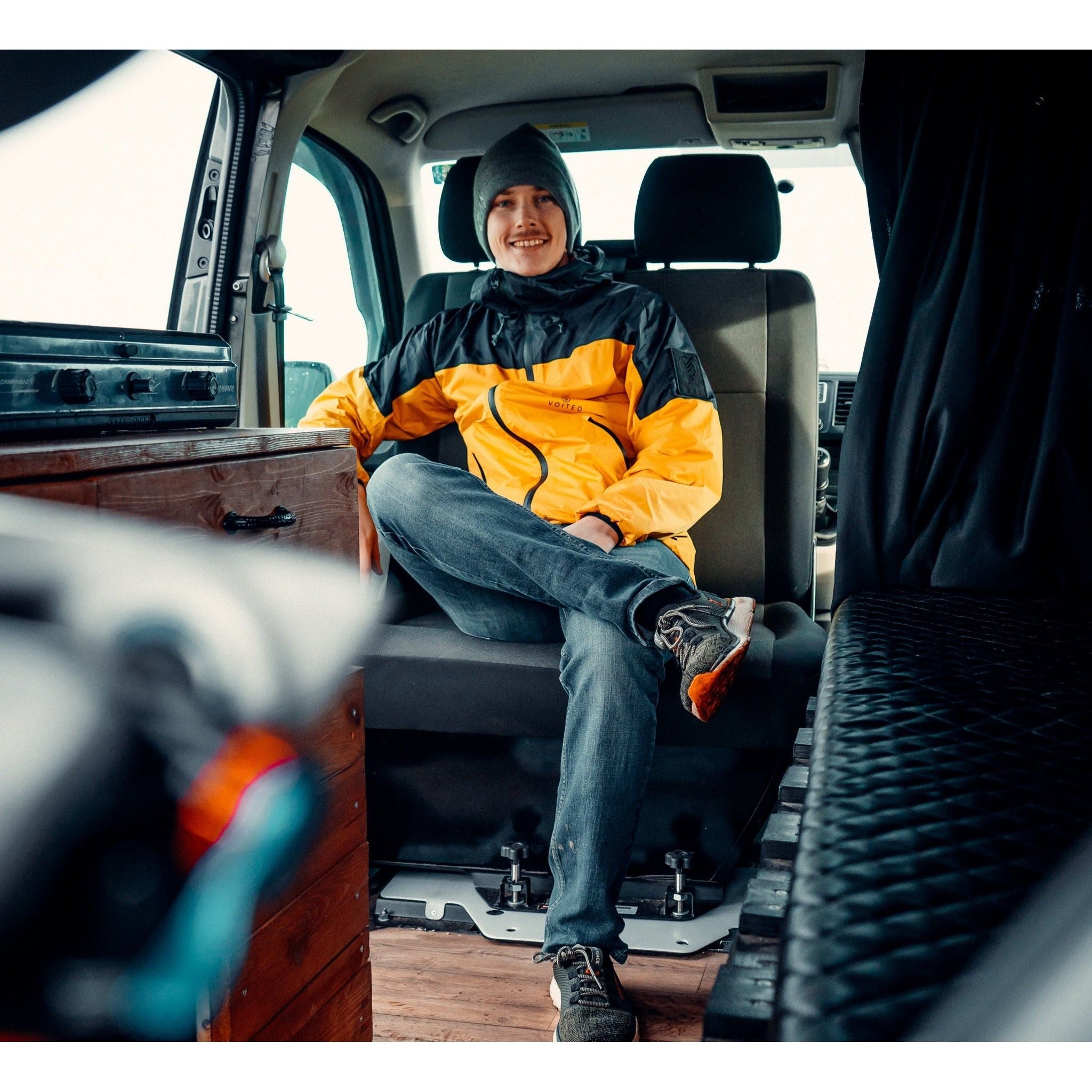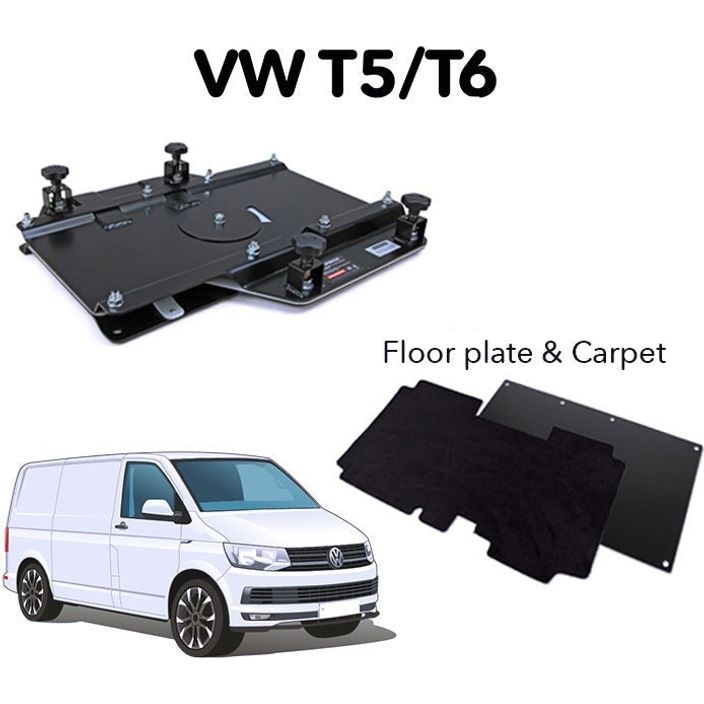
I think it’s fair to say that campervanners are on the rise!
With the demand for ‘staycations’ or ‘holistays’ (whichever you prefer to call it) increasing, we thought we’d look at what it takes to be self-sufficient in your campervan, so that you can enjoy your travels where the facilities are lacking, or even non-existent!
It’s a pretty satisfying feeling knowing that you can be completely self-sufficient for days on end. The main thing is to be comfortable and make sure you have the right gear and everything you need to make the most of your adventure.
Say “NO” to Dirty Campervanning
You may well have heard the phrase ‘Dirty Camping’ recently. It’s a very hot topic in the news lately and not one to be confused with responsible ‘Wild Camping’. Dirty camping is just how it sounds...irresponsible individuals who park up and basically make a right old mess! This involves leaving their rubbish behind and also their human waste! Yes...that’s right...yuk!
The vast majority of folk are highly responsible and will follow the countryside rules and ‘leave no trace’, however, there is a minority who unfortunately give the rest of us campervanners a very bad name :(
It’s apparent that the sheer volume of visitors and current covid situation is highlighting tourism infrastructure issues across the UK. Lack of facilities like public toilets and bins in general is resulting in overflowing bins and towers of rubbish being piled up at the sides. This is not good!! Please always take away your rubbish...it’s as simple as that! It’s really important as individuals that we follow campervan etiquette as we could be ‘staycationing’ for some time to come!
Communities are justifiably concerned about their surrounding countryside because areas of natural beauty are being destroyed all over the UK. It’s critical that we all do our bit for responsible tourism by treasuring, preserving and protecting the countryside and saying a great big, whopping, “NO!” TO DIRTY CAMPING!
Generally speaking, if you follow the wild camping etiquette then you’ll be fine. These rules are pretty simple…
- Leave no trace. Respect the space and leave it as you found it. Always take your rubbish home, don’t cause any damage or obstructions and definitely no noise pollution.
- A general rule of thumb is arrive at dusk and leave at dawn. The overnight stop over is just that...to sleep and move on nice and early.
- Always ask the landowner if possible.
- Overnight stops are not for camping. Do not pitch a tent, wind out your awning, hang out laundry or put out a camping table...it’s not a campsite.
- Security is key. Keep your doors locked, don’t mistake overnight stops as having the safety of a campsite and a campervan safe is always a good idea for keeping your stuff safe.
- Buy locally. Contribute to the local community - buy local food and drink and support local tourism.
Rant over! :) :)
OK, so now that we’ve set the scene, you will see from this blog post that there are many advantages of being self-sufficient in your camper...some are financial and other reasons are purely for the joy and experience. Being self sufficient will give you isolation from other campers when you want it, whilst also letting you enjoy the benefits of a campsite community when it suits you. It gives you far more flexibility so that you can enjoy the best of both worlds.
Responsible toileting!
Because of the bad press lately concerning wild camping and campervanning, ‘leave no trace’ has never felt more important. ⠀ ⠀ ⠀⠀ ⠀
Having a campervan toilet is a great advantage when exploring, so that you don’t have to find public facilities which, let’s face it, can sometimes be unpleasant, not to mention the immediate covid health issues!
If there’s space in your van then you may have the room to accommodate a cassette type toilet. Around since the 60s, these chemical toilets do work very well, but of course they will need emptying. Or, smaller campervans can use a portable potty, which you can simply store under the seat in your van until nature calls :) Best to plan ahead if you can and ensure you can dispose of black waste properly.

But please...if you don't carry a toilet on board, we urge you to consider packing a trowel. Essential for emergencies when you’re out on the road, particularly as we’ve said before during covid land and when public conveniences are reduced. A trowel is a brilliant piece of equipment for when you need to go without leaving a trace. There’s nothing more self-sufficient than responsible pooing! Just make sure it’s not near a water source ;) That means at least 50 metres away, in a 6-8 inch deep hole, and taking our paper with us. Ah, the joys and delights of self-sufficiency...
To shower, or not to shower...
You can go a few days without a wash or a shower but anything after this and it can get a bit pongy! Not the best idea when you’re confined to a bijou living space.
If you have the space to fit a campervan shower then you’re very lucky! Hot water on demand units are very luxurious options indeed, but if keeping sweet smelling and squeaky clean is important to you then this is something you can consider. Just make sure there are facilities available on your travels where the greywater tank can be emptied.
But, like many vans, a shower unit just isn’t possible so it’s either a bucket and flannel wash, a dip in the nearest river or lake or you can opt for a solar shower bag. These solar shower bags are actually pretty good and are great on warm days, but when the temperature drops it can feel quite cold.
Power Up
At many campsites you can connect the electricity, but when you’re going it alone you’ll need to make sure your campervan conversion includes an efficient power supply when the engine is turned off...so either a 12v leisure battery (12V power has come along in leaps and bounds, and you can actually run a wide variety of gear off-grid without much difficulty) and even better you can combine this with solar! If you live in a sunny climate then yes, solar is great, but in the UK you cannot always rely on the sun to make an appearance, so combining the two power sources is a really sensible idea.
Solar panels come in a variety of formats from fixed to ‘free’ designs. Most people will stick their solar panels onto their van roof, however, a free design gives you the freedom to move your panel around. With a fixed panel you may find yourself having to constantly move your van and park at different angles to charge up, but a ‘free’ panel will give you really easy flexibility to adjust the angle to maximise the charge!

Leisure Battery 95 Amp
Food glorious food!
Clearly one of the big attractions for many people when travelling is the enjoyment of stopping off wherever they fancy and tasting some of the local delicacies. But, with the convenience of self-catering in your camper, you don’t have to stretch your budget and spend a fortune on eating out.
The food you eat when camping off the grid doesn’t have to be vastly different to what you enjoy having at home. Many campervans will have a two-ring gas hob which is more than capable of rustling up some really tasty meals. And, you can always take a portable BBQ away with you too if you prefer to cook in the great outdoors.

Just think about your options for refrigeration and cooking before you start planning your campervan conversion. Some food lasts a long time like tinned soup, beans and pot noodles, but if you want to enjoy some fresh foods, then these will perish quite quickly unless you invest in an efficient refrigeration system.
There are lots of campervan cooking and refrigeration appliances to choose from that will open up your food options greatly!
How much water can you carry in a campervan?
If you want to carry water in your campervan, then you’ll need to work out what your water requirements are and how much you can carry.
Water containers do offer a great deal of water storage and the best way for you to get clean drinking water wherever you are. We usually find that it takes about 60 litres of water for 3-4 days of free camping if you’re very careful. If your van has a shower, then you’ll need way more than this.
Wild water sources can also work, but it’s worth erring on the side of caution here. Clear, running water is preferable to still, but it’s worth treating before drinking either way. Boiling will remove most harmful products, but you could also take a water filter or purifier too.
Dealing with waste in campervan
You seriously need to work out what you will do with your grey and black water waste.
Your grey waste is basically your dish and shower water so please only use products that aren’t harmful to the environment. Or, in the absence of a specific waste disposal site you can simply tip grey waste into a road drain.
Black toilet waste is more tricky...there aren’t many places in the UK that offer a disposal facility so a helpful tip is to simply ask at a campsite. Many will let you do this if you pay a small fee, even if you're not camping there, but best to always call ahead and check.
Failing that, you’ve always got your trusty trowel… but please take your used loo roll away with you!
And referring back to the ‘leave no trace’ rule...don’t dump litter, take it home.
So there you have it...our low down of hitting the road on a self-sufficient campervan adventure, along with some hints and tips along the way.
There’s no doubt about it that freedom camping is a real joy to experience, just please always adhere to the campervan etiquette and don’t destroy, don’t trash and always follow government advice.
We also recommend using campsites when it’s possible. Local communities do not appreciate having their car parks packed full of what might be seen as ‘free loading’ campervans, especially if it’s just round the corner from a perfect good campsite!
If you’re in need of some ideas of where to stay on your next trip, then check out Brit Stops...a brilliant book packed full of free UK stopovers at some really cool places. Including country pubs, farm shops, vineyards, breweries, cafes/restaurants and even museums. This gem of a book suggests a network of ‘pit stops’ around the British Isles where you can take the time to relax, stop over and travel on the next morning having enjoyed some of the local produce. Rather than charge a fee, it relies on mutual benefits offered, where you can stop over for free on a no frills basis and the hosts get the opportunity to show their wares…you’ll get chance to taste some of the most delicious food, farm produce and real ales along the way! The book comes at a small price but well worth it if you want to enter the world of UK wild camping. It’ll really help you to plan your journey, or just pop it in your van and head off on an exciting adventure!
Finally, if you haven’t done much wild camping before or you’re a complete beginner, then just start slow and work your way up.
We’ve got an amazing country to explore so hit the road and we’ll see you out there!

